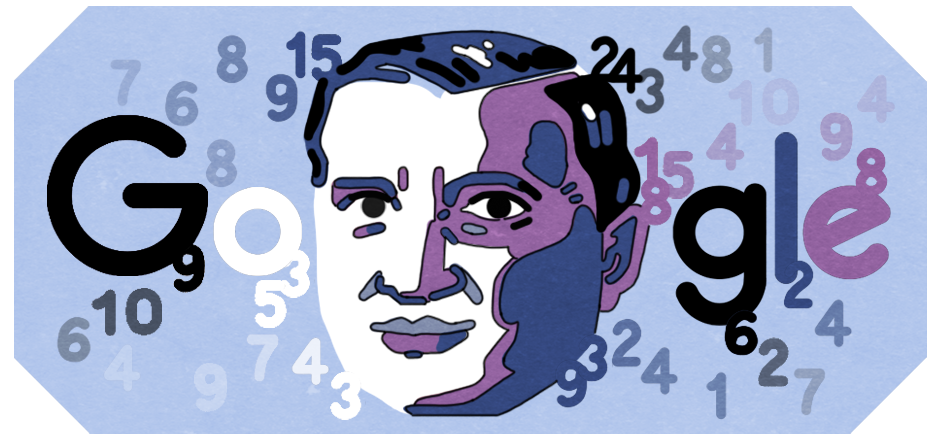Who was Stefan Banach and why is Google celebrating him?
Banach was an original member of the Lwów School of Mathematics and founder of modern functional analysis

Friday’s Google Doodle was dedicated to the “invaluable contribution” of influential 20th century mathematician Stefan Banach to the study.
Banach was an original member of the Lwów School of Mathematics and founder of modern functional analysis - described by Britannica as a “branch of mathematical analysis dealing with functionals, or functions of functions”.
He made major contributions to the theory of topological vector spaces, measure theory, integration, the theory of sets, orthogonal series and functional analysis.
Exactly 100 years ago, on 22 July 1922, Banach officially became a professor. To mark the occasion, Google shared an illustration of the Polish mathematician surrounded by a series of numbers.
Who was Stefan Banach?
Stefan Banach was born in Kraków, Poland on 30 March 1892.
He never knew his mother, and his father sent him to be raised by a family in the city.
Banach had poor eyesight, and was therefore deemed unfit to serve in the military during World War One - a period he instead spent teaching in local schools.
As a result of the publication of mathematical papers he worked on in his spare time, Banach was hired by Lvov Technical University.
Hugo Steinhaus, an eminent mathematician and educator met and befriended the young Banach. The early founder of game and probability theory later referred to the mostly self-taught Banach as his “greatest scientific discovery.”
In part thanks to Steinhaus’ academic connections, Banach founded modern functional analysis, an entirely new branch of mathematics.
Many concepts are named after him including Banach spaces, Banach algebra and the Banach-Steinhaus theorm.
He was also an original member of the famous Lwów School of Mathematics - in what is now present day Lviv, Ukraine - the behavioural quirks of which were greatly influenced by Banach, which included meeting in noisy cafés, discussing and formulating problems, and writing directly on the tables
When it became clear this southeastern part of Poland would be invaded by Germany in 1941, many of the mathematicians, especially those of Jewish background, fled.
Few members of Banach’s troupe survived World War Two, but after the conflict a group including some of the original community carried on their work in western Wrocław -the successor city to prewar Lwów.
In January 1945, he was diagnosed with lung cancer and was permitted to stay in Lwów. He died on 31 August 1945, aged 53.
Join our commenting forum
Join thought-provoking conversations, follow other Independent readers and see their replies
Comments
Bookmark popover
Removed from bookmarks